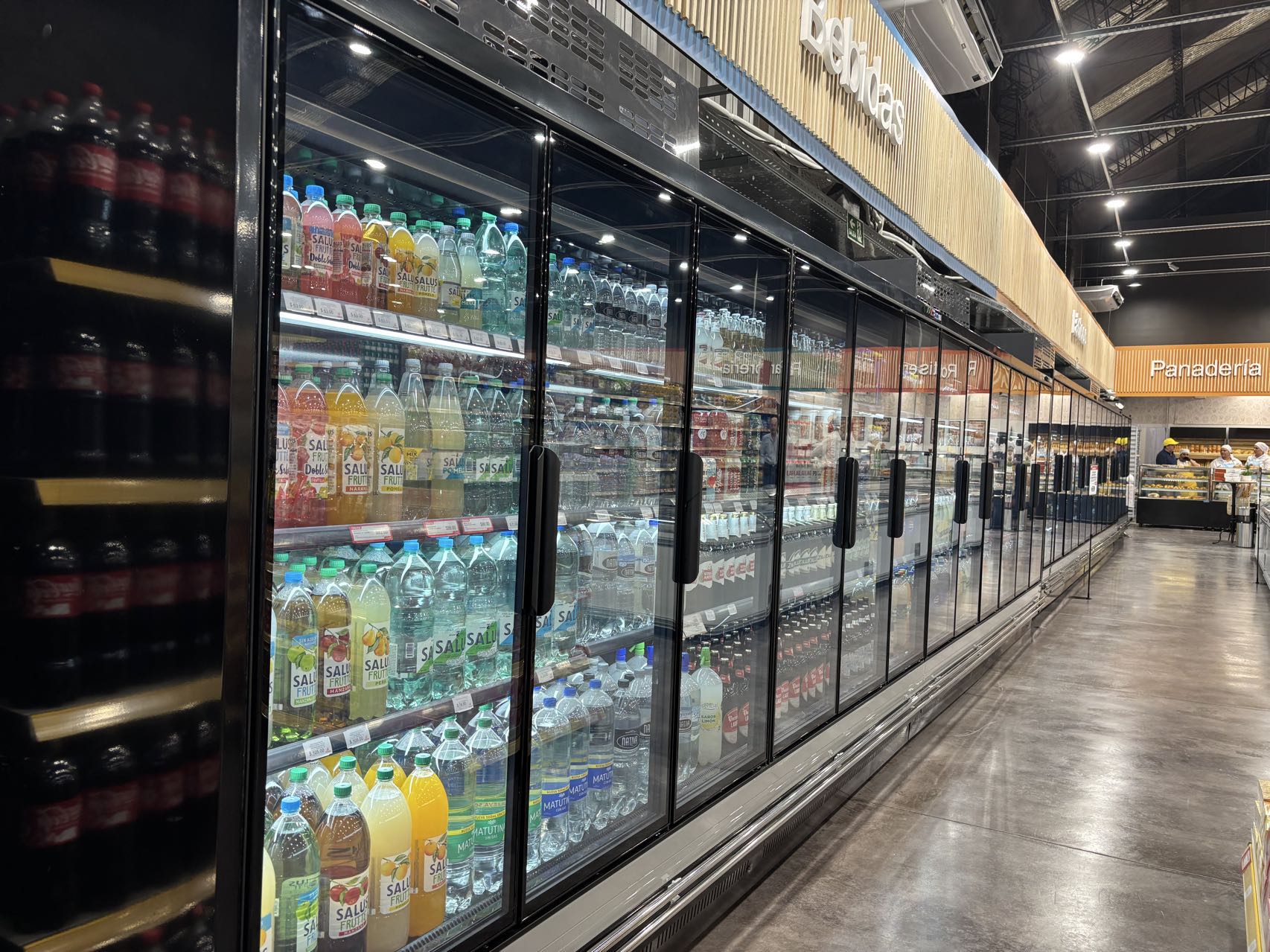For modern food and beverage operations, glass door coolers are essential tools that combine refrigeration efficiency with effective product presentation. These units not only preserve product quality but also maximize visibility to drive sales, making them a vital investment for supermarkets, restaurants, and distribution networks.
Understanding Glass Door Coolers
A glass door cooler is a commercial refrigeration appliance featuring transparent doors, allowing consumers to see products without opening the unit. This reduces temperature fluctuations, cuts energy waste, and ensures consistent freshness.
Typical Applications
-
Supermarkets and convenience stores for beverages, dairy, and snacks
-
Cafés and restaurants for ready-to-use ingredients
-
Bars and hotels for wine, soft drinks, and chilled products
-
Medical facilities and labs requiring controlled-temperature storage
Core Benefits for Businesses
Modern glass door coolers offer a balance of efficiency, durability, and visibility, supporting high-demand business environments.
Advantages:
-
Energy Savings: Low-E glass minimizes heat gain and reduces compressor load
-
Enhanced Product Presentation: LED lighting improves visibility and customer appeal
-
Stable Temperature Control: Advanced thermostats maintain consistent cooling
-
Durable Construction: Steel frames and tempered glass withstand heavy commercial use
-
Low Operational Noise: Optimized components ensure quiet operation in public areas
B2B Considerations
Business buyers should evaluate the following to ensure optimal performance:
-
Compressor Selection: Energy-efficient or inverter models
-
Cooling Method: Fan-assisted vs. direct cooling
-
Door Configuration: Swing or sliding doors based on layout
-
Storage Capacity: Align with daily turnover and product assortment
-
Maintenance Features: Auto-defrost and easy-clean designs
Emerging Trends
Innovations in eco-friendly and smart cooling are shaping the next generation of glass door coolers:
-
Environmentally safe refrigerants like R290 and R600a
-
IoT-enabled temperature monitoring
-
Modular units for scalable retail or foodservice operations
-
LED display lighting for both energy efficiency and enhanced merchandising
Conclusion
Investing in a high-quality glass door cooler is not just about refrigeration — it’s a strategic decision to enhance product presentation, reduce operational costs, and elevate customer experience. For B2B buyers, selecting reliable and energy-efficient models ensures long-term business value.
FAQ
1. What is the average lifespan of a commercial glass door cooler?
Typically 8–12 years, depending on maintenance and usage frequency.
2. Are these coolers suitable for outdoor or semi-outdoor use?
Most are indoor units, though some industrial-grade models can operate in covered or warehouse environments.
3. How can energy efficiency be improved?
Regularly clean condensers, inspect door seals, and ensure proper ventilation around the unit.
Post time: Oct-21-2025





